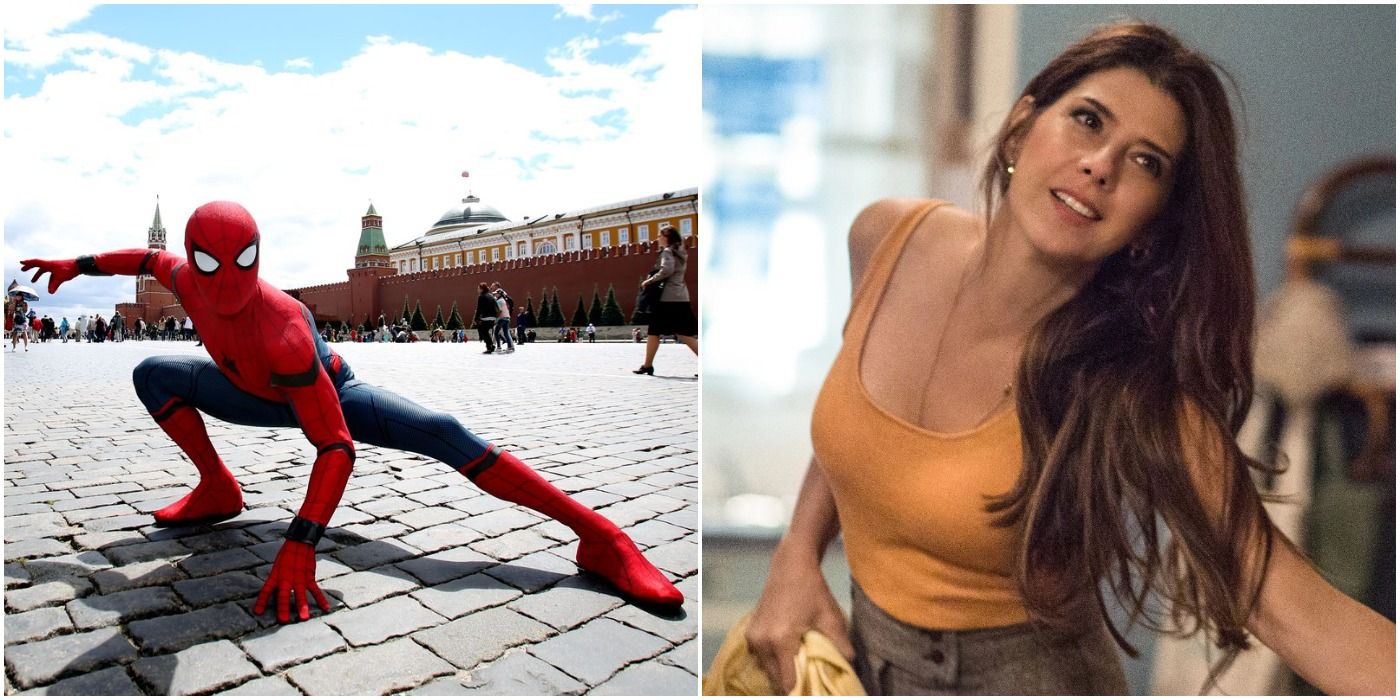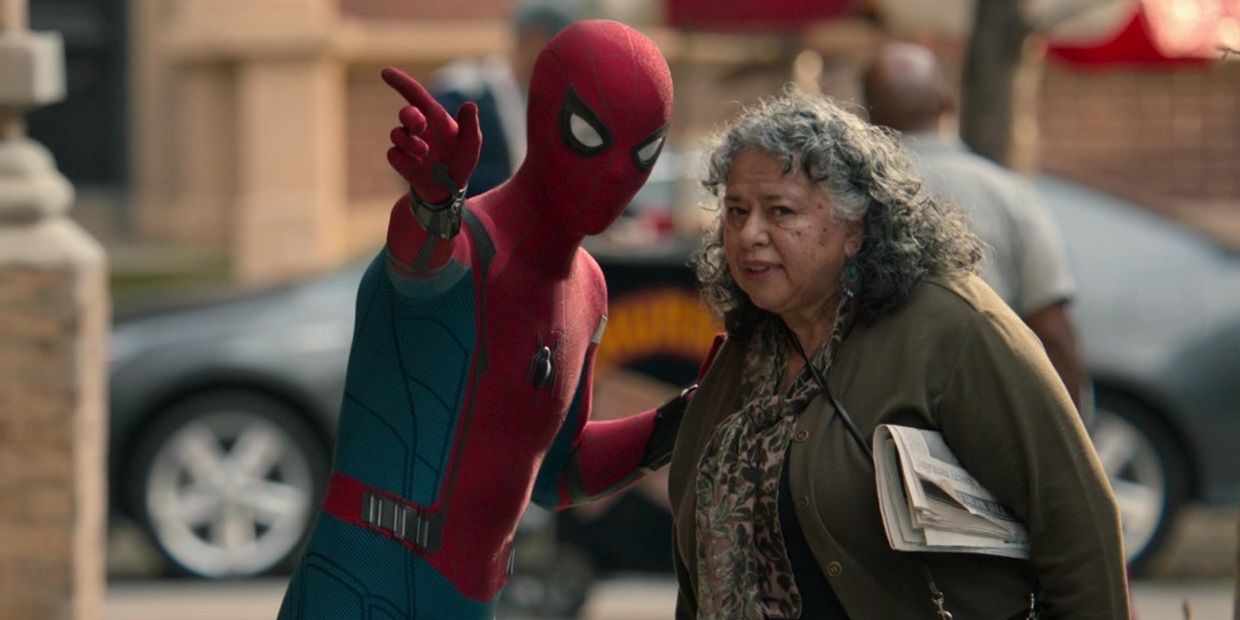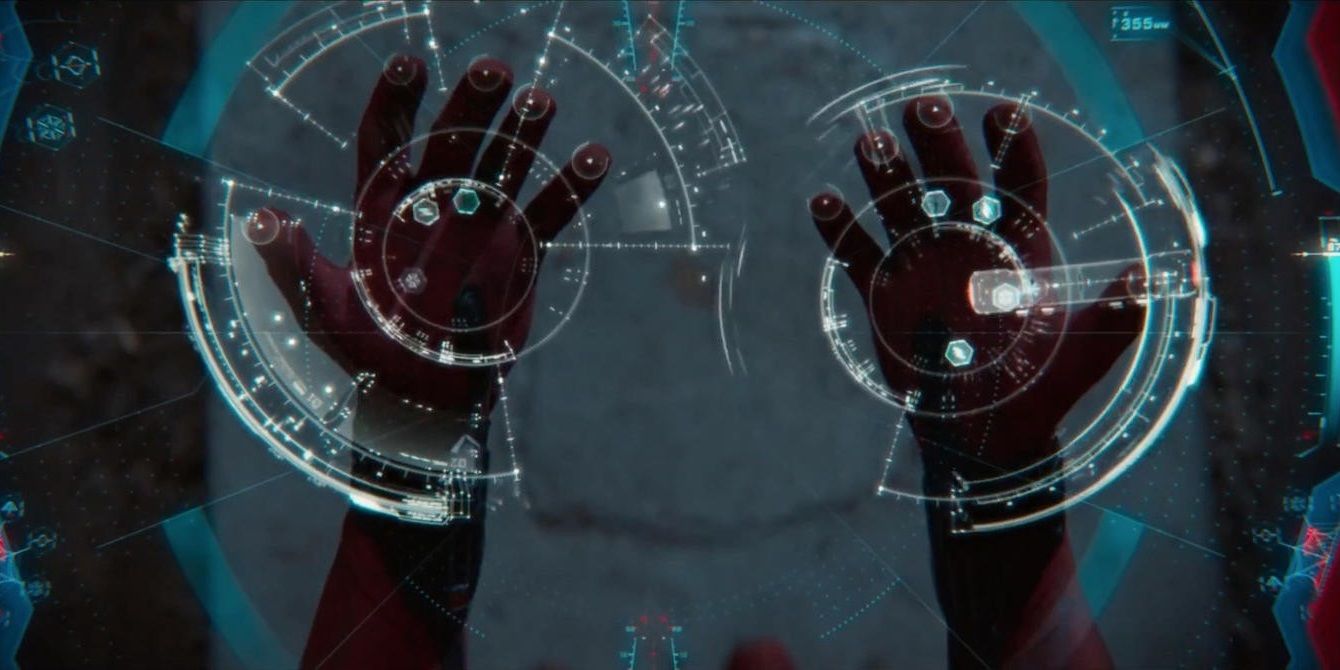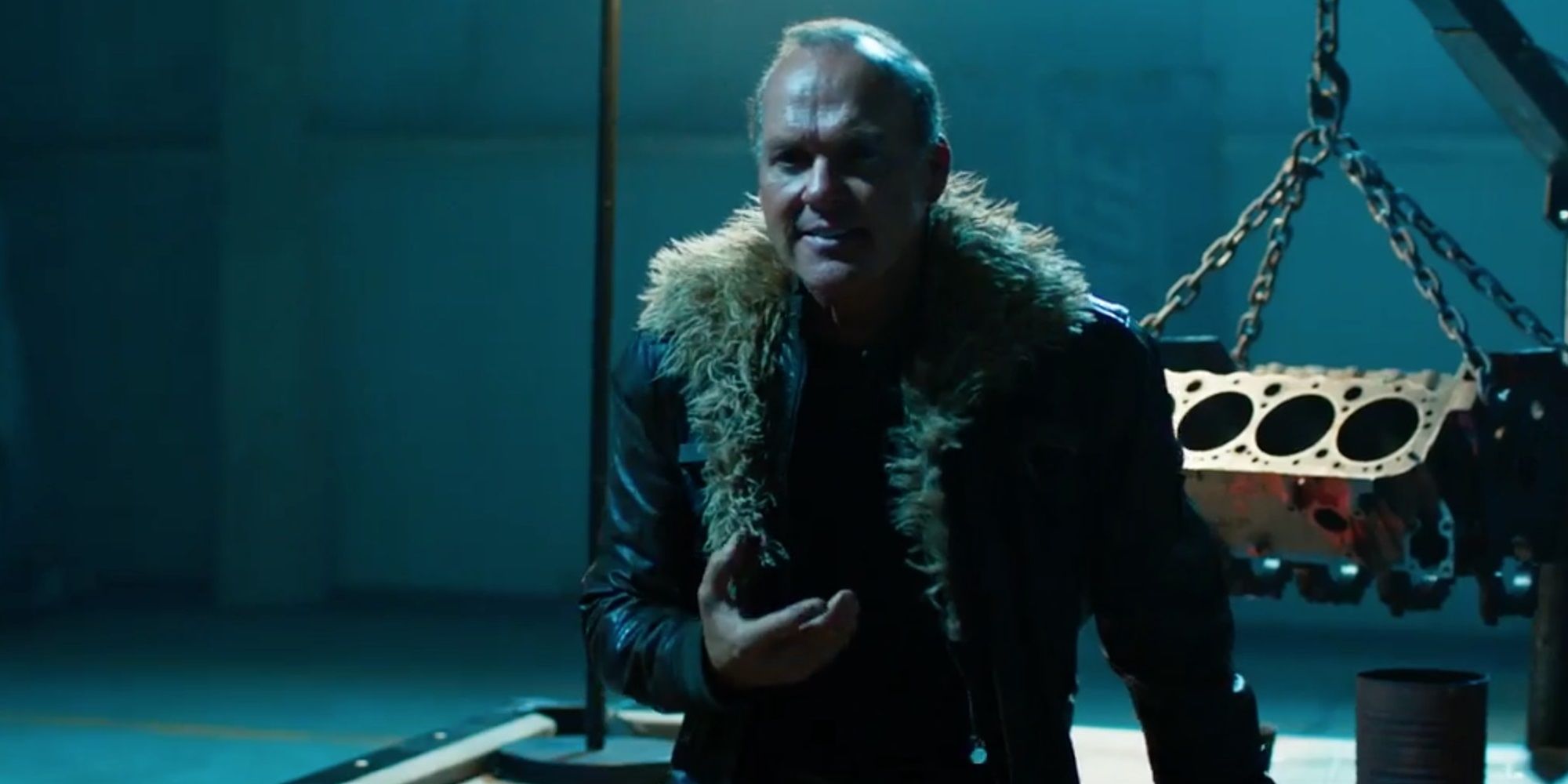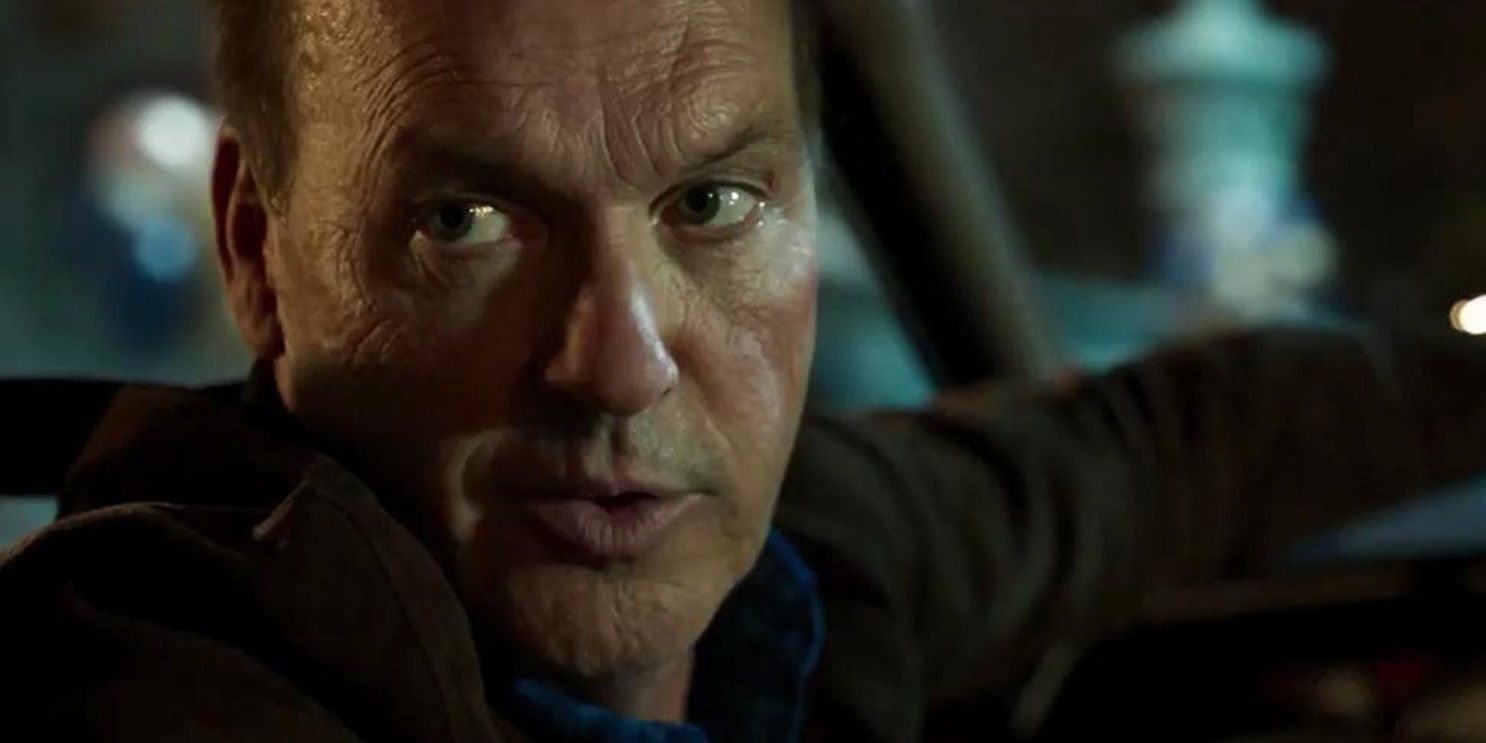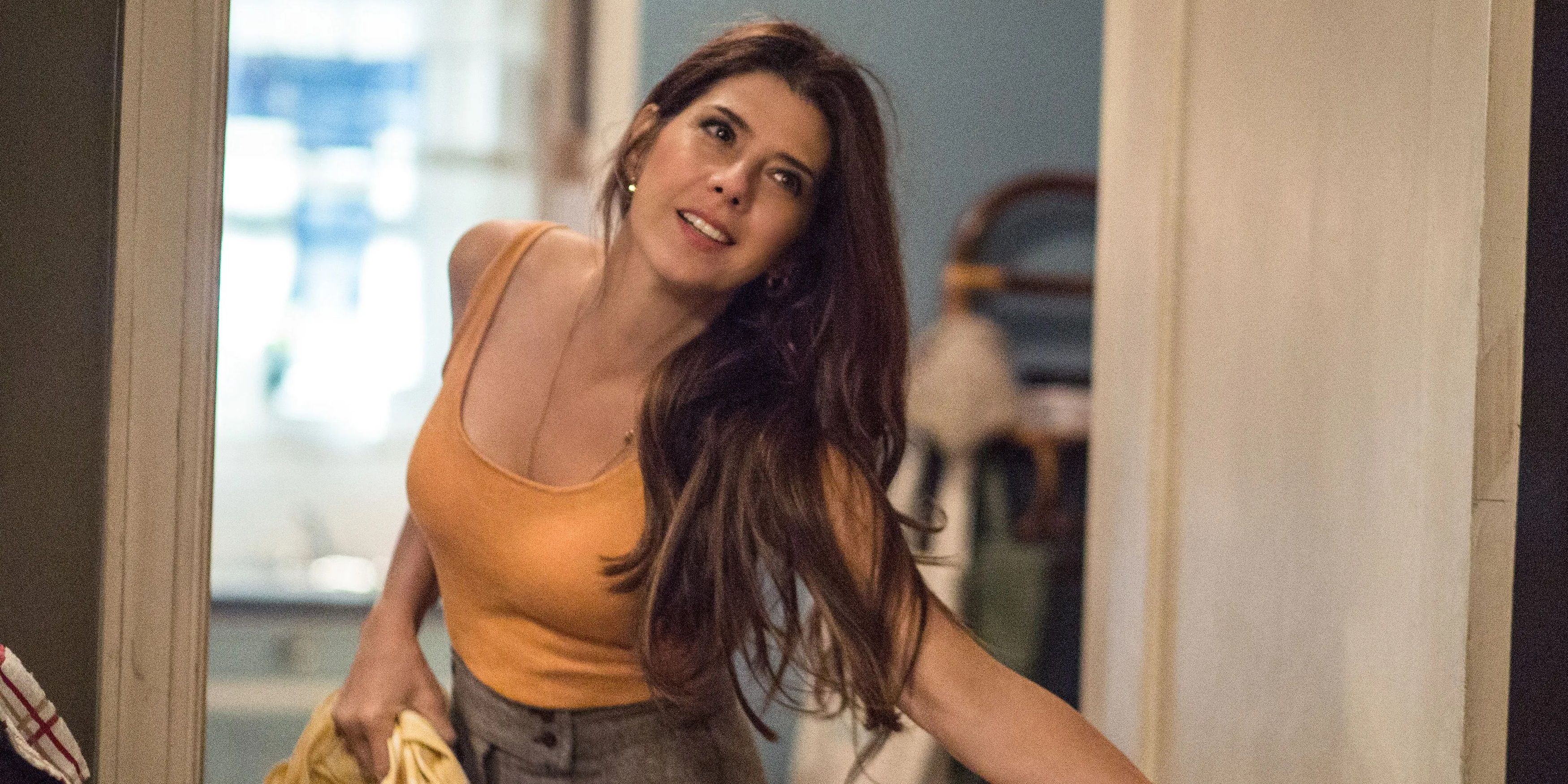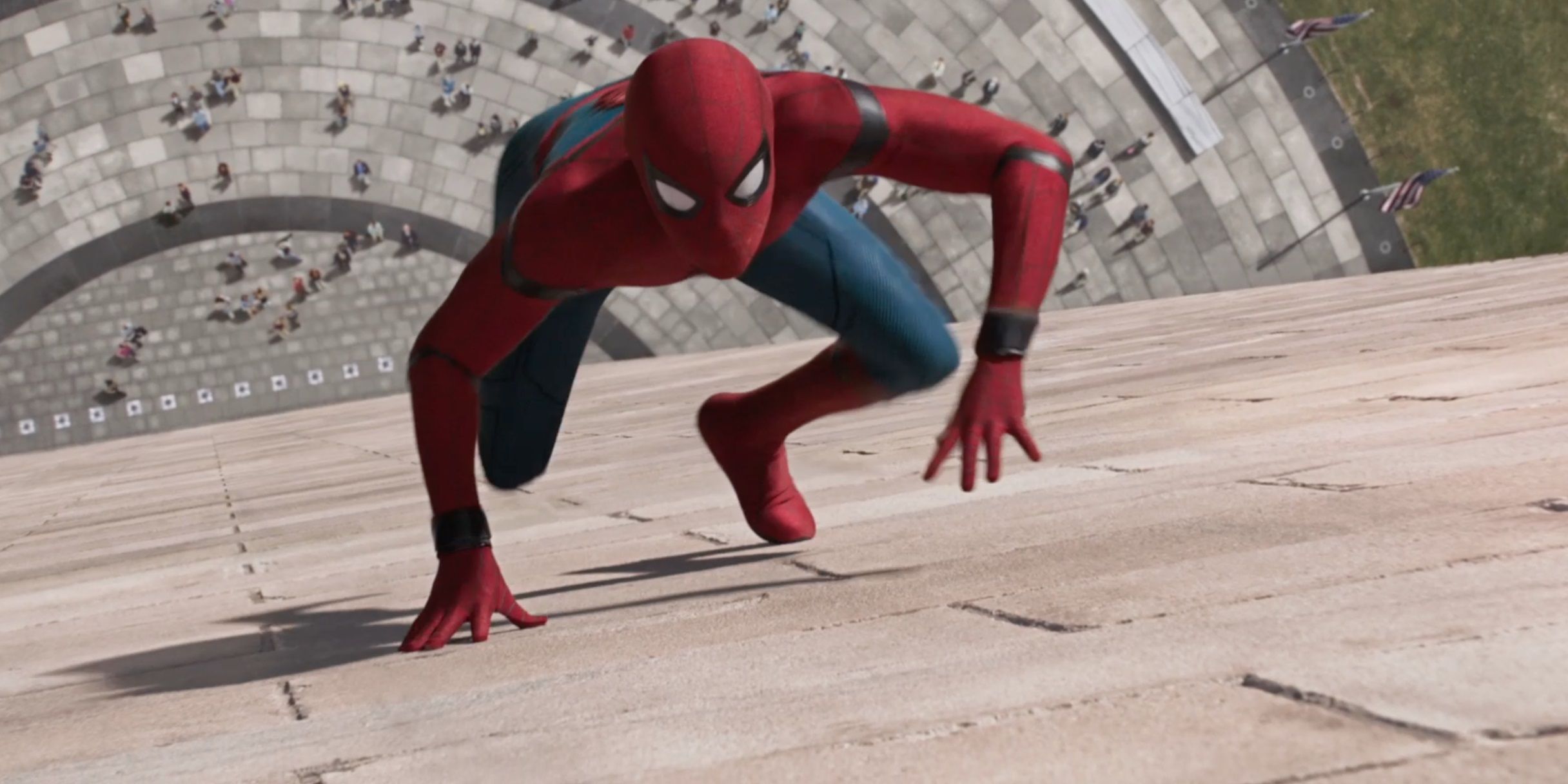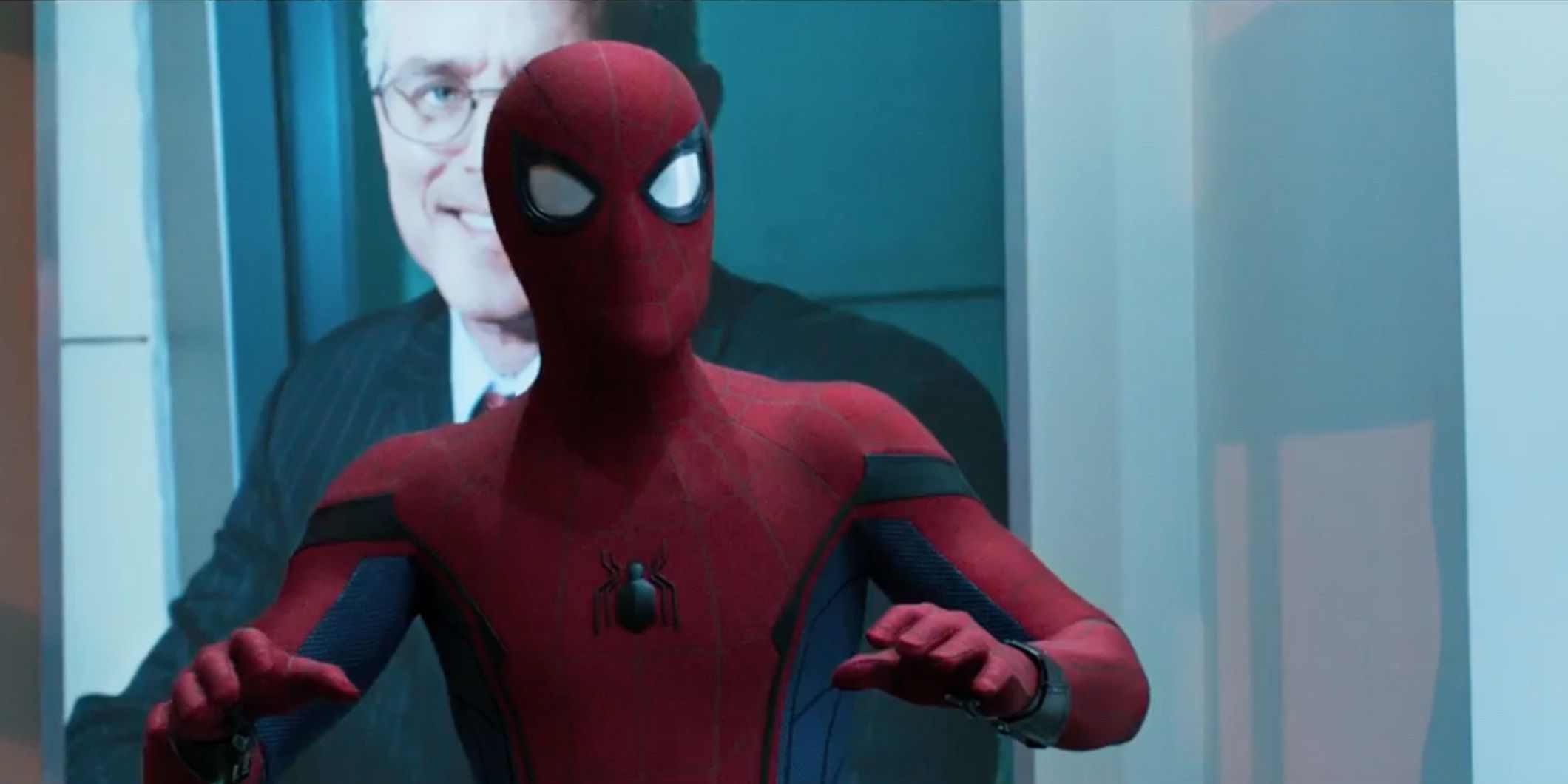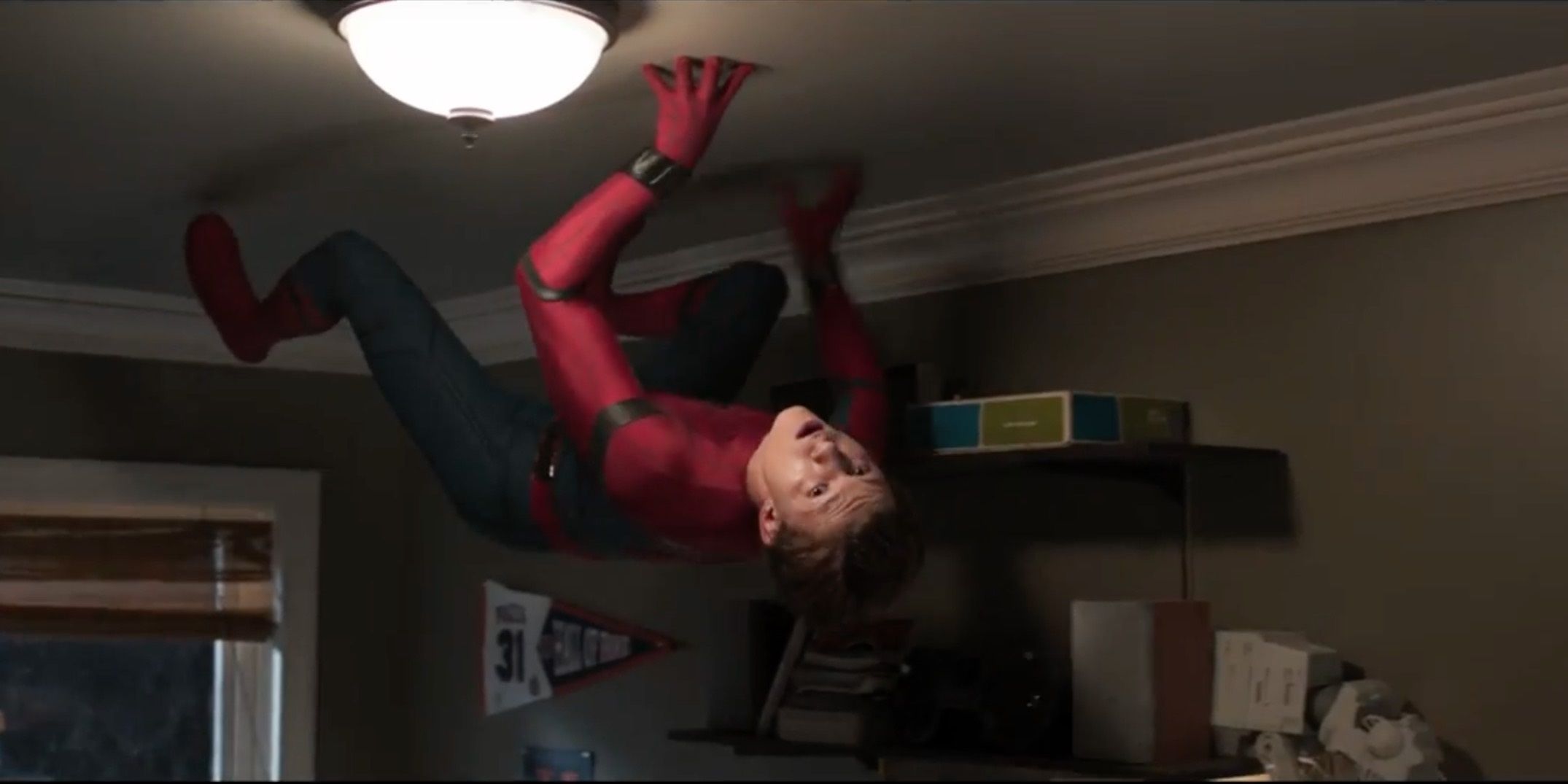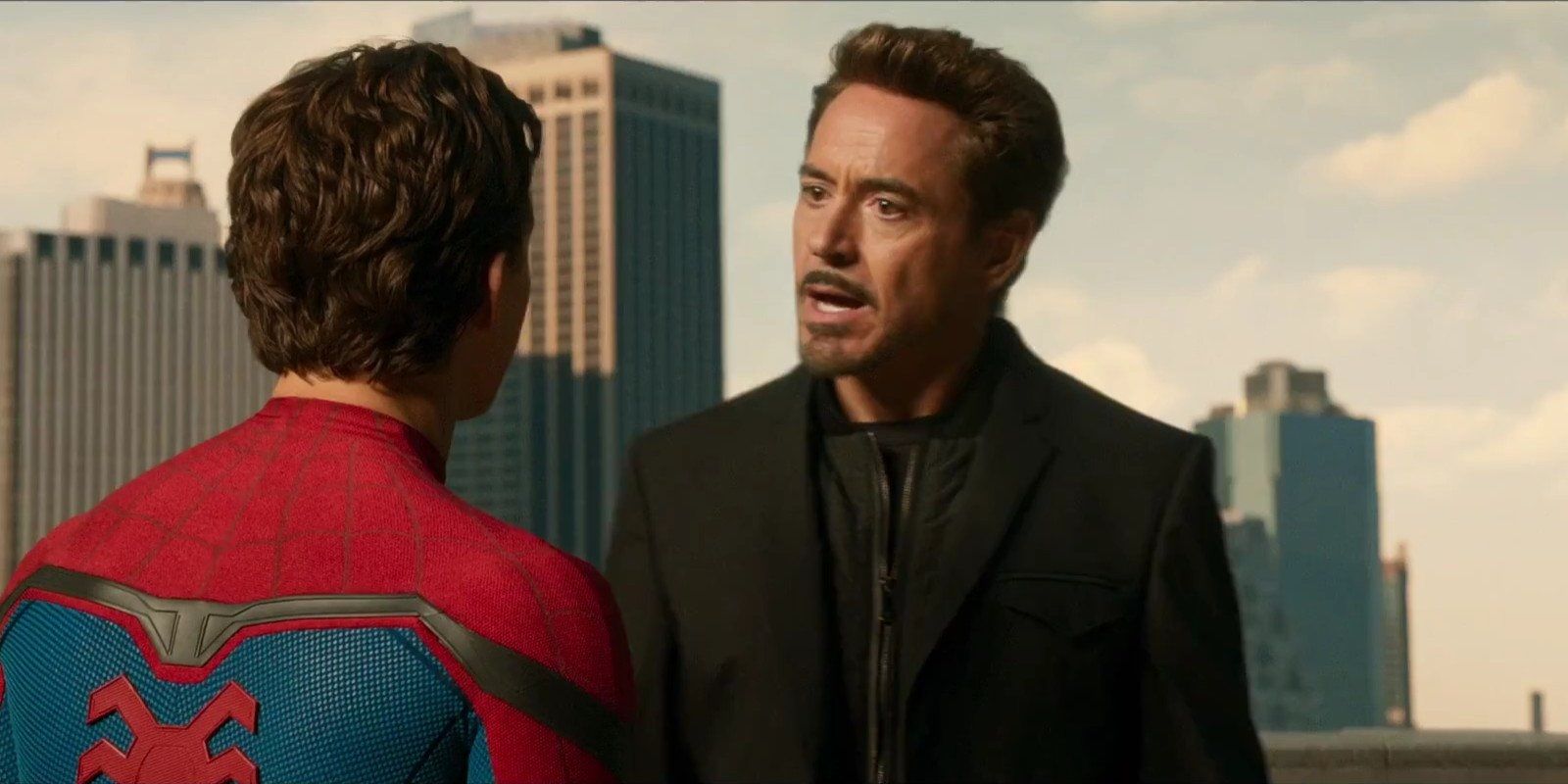A year after introducing Peter Parker as Tony Stark’s prodigious protégé in Captain America: Civil War, Marvel Studios gave him his own solo movie in the MCU, Spider-Man: Homecoming, which fleshed out Tom Holland’s new incarnation of the character. Following the crushing disappointment of The Amazing Spider-Man 2, Homecoming was a refreshing return to form for Spidey's big-screen outings.
In the tradition of the MCU’s entries adhering to the tropes and conventions of specific movie genres, director Jon Watts made Homecoming as a John Hughes-style high school comedy. As fun and entertaining as it is, though, Spider-Man: Homecoming is far from perfect.
Right: Skipping The Origin Story
Pretty much everyone in the western world knows the origin story of Spider-Man. Peter Parker was bitten by a radioactive spider, gained the ability to crawl up walls and swing from webs and sense danger, and used those powers to become your friendly neighborhood Spider-Man, fighting crime on the streets of New York.
There was no need to tell that story again. Sam Raimi nailed it and then The Amazing Spider-Man’s attempts to alter the origin story just made it worse. Kevin Feige made the smart decision to skip Spidey’s beginnings and jump right into the action in Homecoming.
Wrong: Overreliance On Stark Tech
Some of the dissenters who don’t appreciate the MCU’s Spider-Man have nicknamed him Iron Lad, because he’s been in Tony Stark’s shadow since the very beginning of his arc.
The father-son dynamic that developed between Peter and Tony throughout Phase Three was actually really heartwarming, but Spidey’s reliance on Stark tech felt like a disservice to the character. What makes Spider-Man so relatable in the comics is that he’s struggling on his own with no outside help.
Right: Sympathetic Villain
The MCU is often accused of having a “villain problem,” because a lot of its antagonists are grandiose, omnipotent beings tantamount to gods, like Thanos and Ultron and Ego. But in keeping with Peter Parker being an ordinary kid who acquired superpowers by chance, the villain in Spider-Man: Homecoming is just a regular guy.
Adrian Toomes has a valid reason to be spiteful against the 1% and bend the rules to provide for his family. His motivations are understandable, which can’t be said for a lot of MCU villains.
Wrong: Dull Love Interest
In BlacKkKlansman and Netflix’s Hollywood, Laura Harrier has proven that she’s a terrific actor with a wide range of talents, but in Spider-Man: Homecoming, she wasn’t given an awful lot to do as Peter’s love interest, Liz. Liz achieves the unlikely feat of somehow managing to be even more awkward than Peter.
Throughout the whole movie, it’s painfully obvious that Peter had much better chemistry with M.J., played by Zendaya, and the story even builds toward that, so the romance with Liz feels forced.
Right: The Vulture Twist
At the beginning of Homecoming’s third act, there’s a shocking plot twist that brought the house down. Peter arrives at Liz’s house to pick her up for the homecoming dance and rings the doorbell. Her father opens the door...and it’s Adrian Toomes.
He doesn’t know that Peter is Spider-Man, but Peter knows that his date’s dad is an arms-dealing supervillain. This leads to a beautifully written scene in the car as Toomes drives Peter and Liz to the dance, as he slowly figures out Peter’s secret.
Wrong: Sexualizing Aunt May
Casting a younger actor to play Aunt May opposite a younger Peter Parker made a lot of sense, and Marisa Tomei has been great in the role, but the movies have needlessly sexualized her. Every time she’s in a scene with a man other than her nephew, he gawps at her.
May Parker is pretty much the only female character in comic book history who wasn’t sexualized, and Spider-Man: Homecoming put an end to that.
Right: Inventive Set Pieces
16 movies into the Marvel Cinematic Universe, the writers and directors had to work extra hard to make set pieces that felt fresh and exciting and original. But Spider-Man: Homecoming has them in spades.
From scaling the Washington Monument to save his friends from a broken elevator to hanging off the side of an invisible plane in the finale, Spidey gets into plenty of unique action in Homecoming.
Wrong: Bland Direction
Marvel gives its directors enough freedom to put their own personal stamp on each movie, but only the very best — James Gunn, Taika Waititi, Ryan Coogler etc. — really put their personality into their movies.
Aside from a few lukewarm references to John Hughes’ teen comedies (some of which are aggressively on-the-nose, like a scene from Ferris Bueller’s Day Off literally playing on a TV during an homage to the same scene), Jon Watts didn’t really bring anything personal to his direction of Spider-Man: Homecoming.
Right: Tom Holland’s Peter Parker
Casting Tom Holland as Peter Parker was technically a decision made by the team behind Captain America: Civil War, but a lot of those people also worked on this movie, and while Holland was just a supporting player in an Avengers-sized sandbox in Civil War, he took center stage here and proved himself to be more than capable of carrying his own movie in Homecoming.
It’s often been said that Tobey Maguire was a great Peter Parker and Andrew Garfield was a great Spider-Man, but Tom Holland is a great Peter Parker and a great Spider-Man. To an extent, that’s true (although Garfield wasn’t a particularly great Spidey). Maguire is still arguably the best, overall, but Holland is still fantastic.
Wrong: Focusing On The Wider MCU
One of the problems with most MCU movies is that they’re inextricably tied to the wider franchise. Marvel got Sony to release a movie in which their flagship superhero spends two hours begging Robert Downey, Jr. to let him join the Avengers franchise.
Being tethered to the MCU prevents a lot of these movies from really taking flight and developing an identity of their own, and that’s what happens in Spider-Man: Homecoming.

